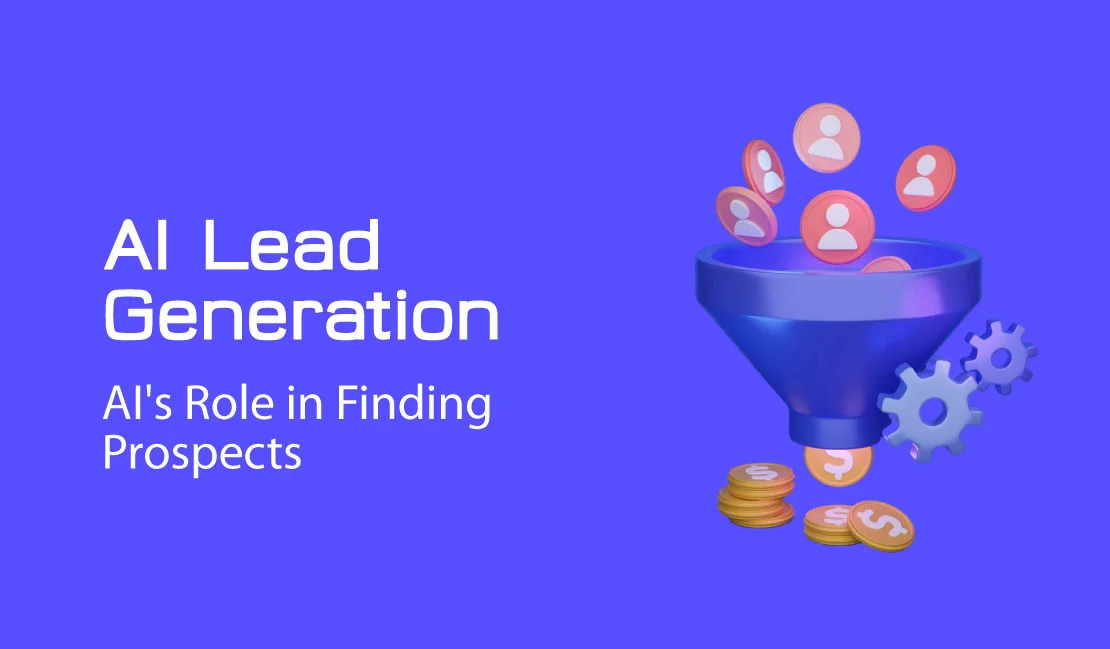Artificial Intelligence (AI) is transforming marketing strategies, enabling businesses to personalize customer experiences, enhance engagement, and drive revenue. Let’s dive into some case studies showcasing how leading brands have harnessed AI and explore future trends that promise to shape the marketing landscape.
Case Studies of AI-Driven Marketing Success
1- Starbucks
has embraced AI through its rewards program and mobile app. By leveraging predictive analytics, the company personalizes offers based on customers’ buying habits, preferences, and locations. This tailored approach has significantly increased customer engagement and loyalty, making Starbucks a pioneer in AI-driven marketing.
2- Amazon
Amazon is a leader in AI, using machine learning to personalize every aspect of the customer journey. From product recommendations to dynamic pricing, Amazon’s AI algorithms drive a seamless shopping experience, resulting in 35% of the company’s total revenue being generated from its recommendation engine.
3- Nike
Nike uses AI to understand its customers better and deliver personalized shopping experiences. Through targeted ads, influencer partnerships, and AI-driven campaigns, Nike stays relevant to its audience, offering tailored marketing that resonates with their preferences and lifestyle.
The Future of AI in Customer Support
AI isn’t just revolutionizing marketing; it’s also enhancing customer support by making it faster, more accurate, and more personalized. Here are some trends that will shape the future of AI-powered customer service:
1- AI-Powered Voice Assistants
Voice assistants like Alexa and Google Assistant are already making their way into customer support. In the near future, we’ll see businesses using AI voice bots to handle inquiries, providing faster and more precise responses than traditional support methods.
2- Sentiment Analysis
AI is improving its ability to analyze customer sentiment. By detecting the tone behind customer messages, businesses can predict frustration and offer proactive solutions before issues escalate, enhancing overall customer satisfaction.
3- Augmented Agents
AI will become a powerful tool for human agents by providing real-time data, customer histories, and suggested solutions. This augmentation will help agents deliver faster, more personalized support, improving customer outcomes.
4- Predictive Support
AI’s predictive capabilities will allow businesses to offer preemptive support. By analyzing customer behavior and past interactions, companies can anticipate issues and address them before customers even need to reach out.

Strategies for Businesses to Adopt New AI Tools Effectively
To leverage the full potential of AI, businesses must adopt AI tools strategically. Here are some best practices for integrating AI into your operations:
1- Start Small, Scale Gradually
Begin by implementing AI for simple tasks, like automated responses or chatbots. Gradually expand its role as your team becomes more comfortable with the technology, ensuring smoother transitions and preventing overwhelming your staff.
2- Focus on Customer-Centric Use Cases
AI should always enhance the customer experience. Focus on areas where AI adds value, such as speeding up issue resolution, personalizing interactions, or providing 24/7 support. Avoid over-automation, especially where human empathy and creativity are crucial.
3- Integrate AI with Existing Systems
For AI tools to work effectively, they must be integrated with existing customer service systems, like CRM platforms. AI can then analyze customer data and deliver personalized experiences across multiple touchpoints. Tools like Zendesk’s AI platform seamlessly integrate with CRMs like Salesforce, making implementation easier.
4- Train and Empower Your Teams
AI should complement, not replace, human agents. Train your staff to use AI tools effectively, equipping them with AI-powered insights that enable them to provide better, faster service. This approach will reduce concerns about AI replacing jobs and instead highlight its role in enhancing human capabilities.
4- Monitor and Optimize
AI isn’t a “set it and forget it” solution. Regularly monitor AI performance, analyze customer feedback, and track resolution rates to identify areas for improvement. As AI systems learn and adapt, continuous optimization will ensure they deliver better results over time.
Conclusion
AI is driving change across both marketing and customer support, with countless real-world applications proving its effectiveness. By embracing AI-powered tools and staying ahead of future trends, businesses can enhance customer experiences, improve operational efficiency, and maintain a competitive edge in an increasingly digital world.
To succeed, companies must adopt AI thoughtfully—starting small, focusing on customer-centric applications, and ensuring integration with existing systems. As AI continues to evolve, those who embrace it will lead the way in delivering personalized, innovative, and highly effective customer service and marketing strategies.




